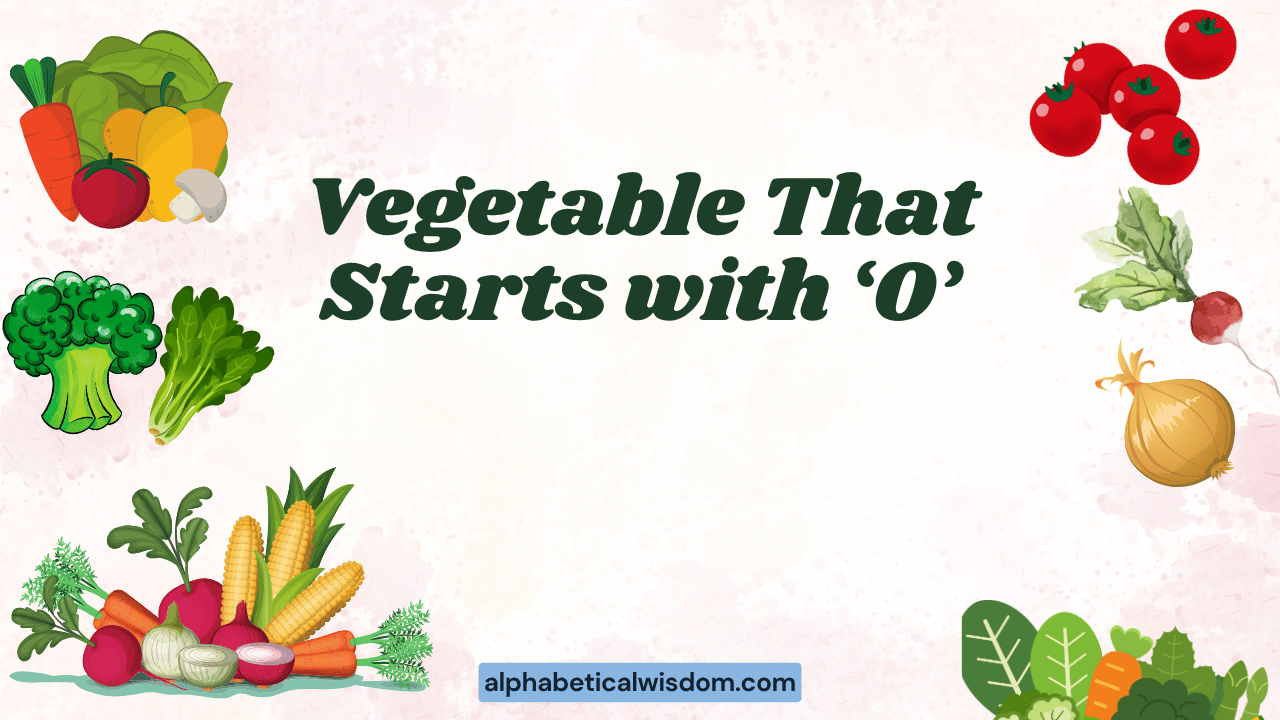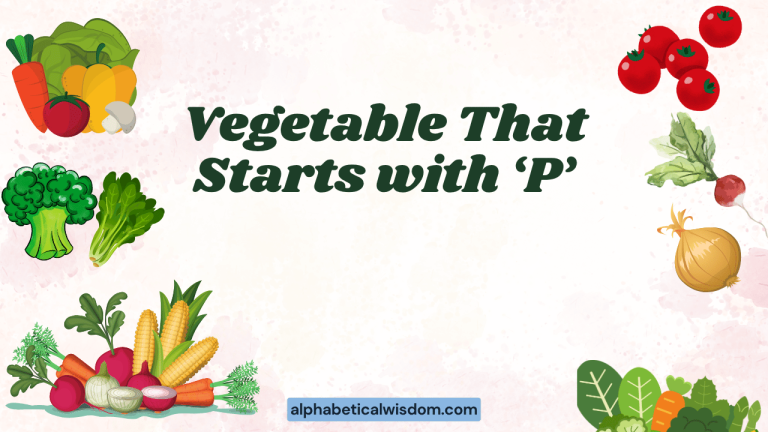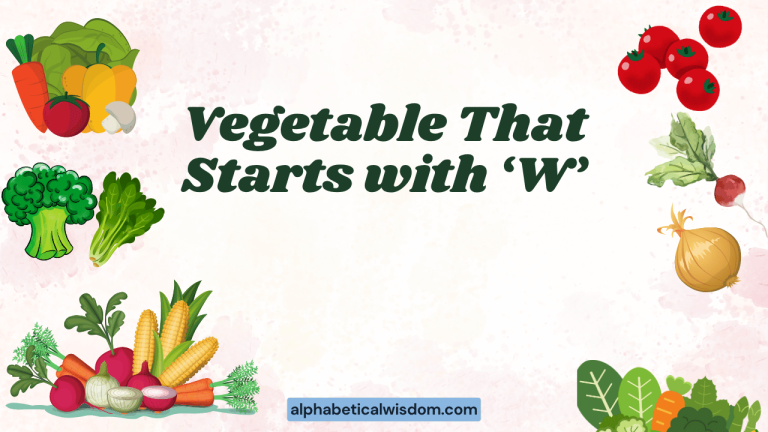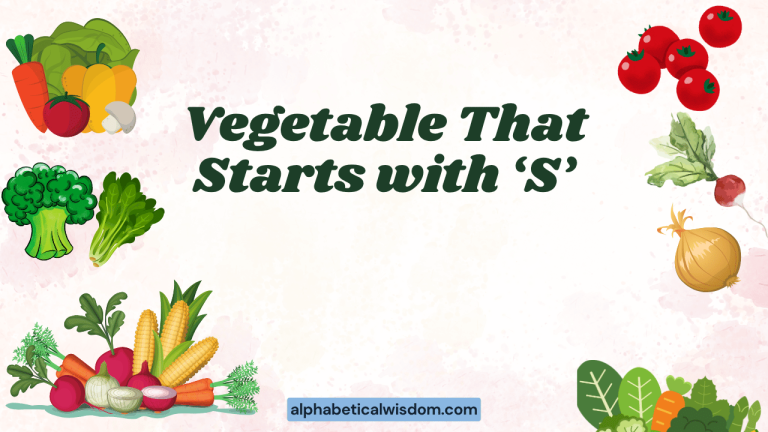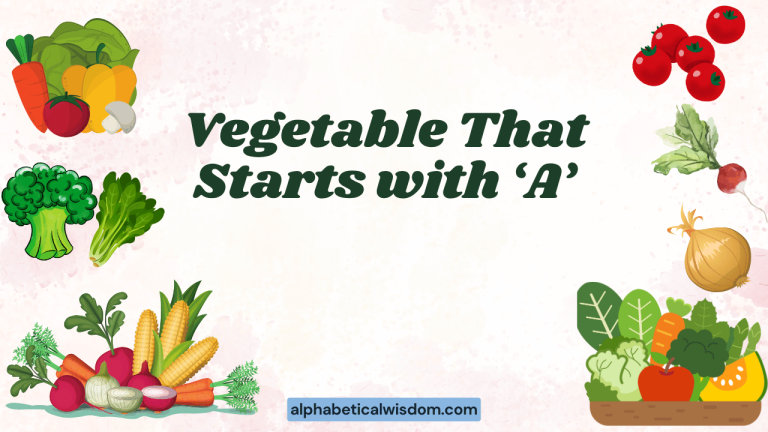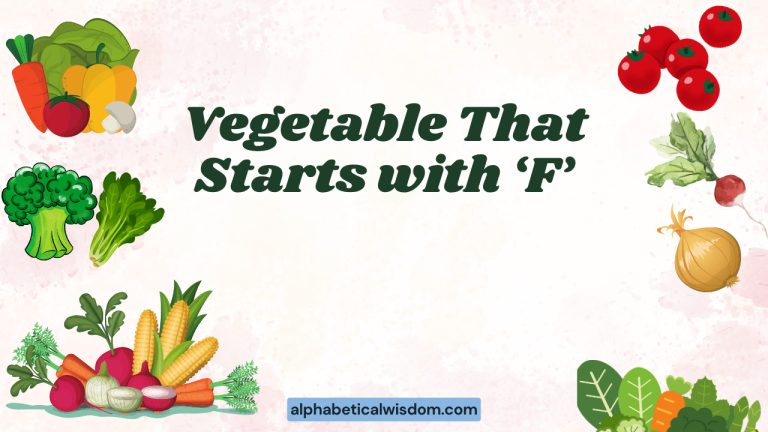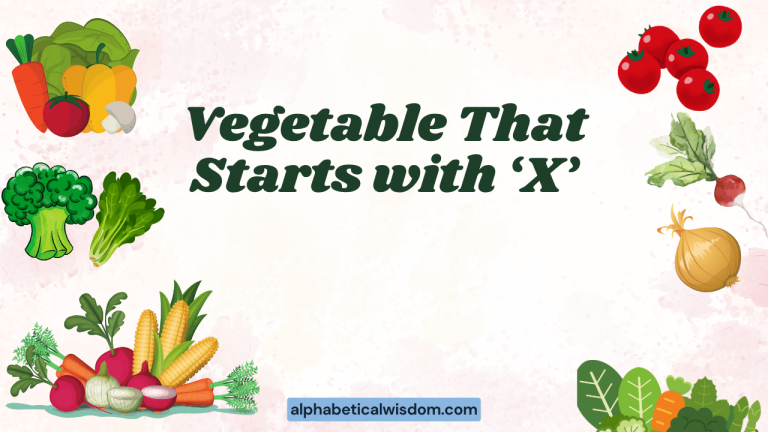Using “Okra” Correctly: A Comprehensive Grammar Guide
Understanding the correct usage of nouns, particularly food items like “okra,” is fundamental to clear and effective communication in English. This article provides a detailed exploration of “okra,” focusing on its grammatical properties, proper usage in sentences, and common mistakes to avoid.
Whether you’re an English language learner, a student, or simply someone looking to refine their grammar skills, this guide will equip you with the knowledge and practice necessary to use “okra” accurately and confidently in your writing and speech.
This comprehensive guide covers everything from the basic definition and classification of “okra” to advanced topics such as nuanced usage in different contexts. Through clear explanations, numerous examples, and practical exercises, you’ll gain a solid understanding of how to incorporate “okra” seamlessly into your everyday language.
Let’s dive in and explore the grammatical intricacies of this versatile vegetable!
Table of Contents
- Definition of Okra
- Structural Breakdown
- Types and Categories of Okra
- Examples of Okra in Sentences
- Usage Rules
- Common Mistakes
- Practice Exercises
- Advanced Topics
- Frequently Asked Questions
- Conclusion
Definition of Okra
Okra, also known as ladies’ fingers, is a flowering plant in the mallow family. It is valued for its edible green seed pods. Botanically classified as Abelmoschus esculentus, okra is cultivated in warm temperate, subtropical, and tropical regions around the world. The term “okra” itself refers both to the plant and its pods, which are used as a vegetable in various cuisines. It’s important to note that okra is a noun, specifically a common noun, and can function as the subject, object, or complement in a sentence.
Because okra is a countable noun, it can be used in both singular and plural forms, although the plural form “okras” is less common in everyday language. More often, when referring to multiple pods, one might say “pieces of okra” or “several okra pods.” The context of the sentence and the intended meaning will determine the most appropriate usage.
Understanding the botanical and culinary aspects of okra enhances the comprehension of its grammatical role in English.
Structural Breakdown
The word “okra” is a simple, single-word noun. Its structure doesn’t lend itself to complex grammatical analysis, but understanding its function within a sentence is crucial.
As a noun, “okra” can be modified by adjectives (e.g., “fresh okra,” “fried okra”) and can be part of prepositional phrases (e.g., “okra in the gumbo,” “okra from the garden”). The structural role of “okra” is primarily defined by its relationship to verbs and other nouns in the sentence.
To further illustrate, consider this sentence: “The farmer harvested the okra.” Here, “okra” is the direct object of the verb “harvested.” In the sentence, “Okra is a key ingredient,” “okra” serves as the subject. Understanding these roles helps in constructing grammatically correct and meaningful sentences.
The simplicity of the word itself belies the importance of its proper placement and function within a larger grammatical structure.
Types and Categories of Okra
While grammatically, “okra” remains a noun, understanding the different varieties of okra can enrich your vocabulary and descriptive language. There are several types of okra, each with unique characteristics.
These variations influence how we describe okra and use it in sentences. Some common types include:
- Clemson Spineless: A popular variety known for its smooth pods and lack of spines.
- Burgundy Okra: Features reddish-purple pods and stalks, adding visual appeal.
- Emerald Okra: Produces long, slender, and dark green pods.
- Dwarf Green Long Pod: A compact variety ideal for smaller gardens.
- Star of David Okra: Distinctive ribbed pods with a star-shaped cross-section.
Knowing these varieties allows for more specific and descriptive language. For example, instead of simply saying “I planted okra,” you could say “I planted Burgundy okra in my garden.” This adds detail and clarity to your communication.
The grammatical structure remains the same, but the descriptive power is significantly enhanced by specifying the type of okra.
Examples of Okra in Sentences
The following sections provide numerous examples of “okra” used in various contexts. These examples demonstrate the versatility of the word and its proper grammatical usage.
General Usage
This table presents examples of “okra” used in general contexts, showcasing it as a subject, object, and part of prepositional phrases.
| Sentence | Grammatical Role of “Okra” |
|---|---|
| Okra is a popular vegetable in the Southern United States. | Subject |
| She bought okra at the farmer’s market. | Direct Object |
| The recipe calls for fresh okra. | Object of Preposition (“for”) |
| He enjoys the taste of fried okra. | Object of Preposition (“of”) |
| Okra plants thrive in warm climates. | Subject |
| They harvested the okra early this year. | Direct Object |
| The stew contained okra and tomatoes. | Object of Preposition (“contained”) |
| Okra provides essential vitamins and minerals. | Subject |
| She added okra to the gumbo. | Object of Preposition (“to”) |
| The texture of okra can be slimy if not cooked properly. | Subject |
| He sliced the okra into thin rounds. | Direct Object |
| Okra is often used as a thickening agent in soups. | Subject |
| They prefer okra grown in their own garden. | Direct Object |
| The seeds of okra can be saved for next year’s planting. | Object of Preposition (“of”) |
| Okra is a staple in many Southern dishes. | Subject |
| She learned to cook okra from her grandmother. | Direct Object |
| The flavor of okra complements the spices in the dish. | Subject |
| He found okra at the international grocery store. | Direct Object |
| Okra is known for its nutritional benefits. | Subject |
| They prepared okra for the family dinner. | Direct Object |
| The soup included okra, corn, and beans. | Object of Preposition (“included”) |
| Okra is a versatile ingredient. | Subject |
| She planted okra in the spring. | Direct Object |
| The price of okra varies depending on the season. | Object of Preposition (“of”) |
| Okra is often paired with tomatoes and onions. | Subject |
Cooking and Recipes
This table focuses on examples related to cooking and recipes, demonstrating how “okra” is used in culinary contexts.
| Sentence | Context |
|---|---|
| The recipe requires one pound of fresh okra. | Ingredient specification |
| She fried the okra until it was golden brown. | Cooking method |
| Gumbo is a traditional dish that often includes okra. | Dish description |
| He added sliced okra to the simmering stew. | Cooking instruction |
| The okra thickened the soup perfectly. | Culinary effect |
| She seasoned the okra with salt, pepper, and paprika. | Flavor enhancement |
| Fried okra is a popular side dish in the South. | Culinary tradition |
| He prefers his okra roasted with garlic. | Personal preference |
| The okra in the gumbo was perfectly cooked. | Dish evaluation |
| She learned to make pickled okra from her mother. | Recipe source |
| The restaurant serves okra prepared in a variety of ways. | Menu description |
| He experimented with different spices to enhance the flavor of the okra. | Culinary experimentation |
| The chef insisted on using only the freshest okra. | Quality control |
| She found a new recipe for okra and shrimp stew. | Recipe discovery |
| The cooking time for okra varies depending on the recipe. | Cooking tip |
| He used okra as a natural thickening agent in the sauce. | Culinary technique |
| The okra added a unique texture to the dish. | Texture description |
| She served the fried okra with a side of ranch dressing. | Serving suggestion |
| The aroma of cooking okra filled the kitchen. | Sensory experience |
| He carefully trimmed the ends of the okra before cooking. | Preparation step |
| The okra was a delicious addition to the vegetarian chili. | Dietary inclusion |
| She used okra in a stir-fry with other vegetables. | Cooking method |
| The okra was tender and flavorful. | Taste description |
| He grilled the okra with a light coating of olive oil. | Cooking method |
| The okra dish was a hit at the potluck. | Event outcome |
Gardening and Cultivation
This table illustrates the use of “okra” in the context of gardening and cultivation, highlighting its role in agricultural practices.
| Sentence | Context |
|---|---|
| She planted okra seeds in the spring. | Planting activity |
| The okra plants thrived in the sunny garden. | Growth condition |
| He watered the okra regularly to ensure a good harvest. | Gardening practice |
| The okra grew tall and produced many pods. | Plant development |
| She harvested the okra every few days. | Harvesting frequency |
| The farmer grew acres of okra for the market. | Commercial cultivation |
| He used organic fertilizer to nourish the okra plants. | Sustainable farming |
| The okra was resistant to common garden pests. | Plant resilience |
| She saved the seeds from the best okra plants. | Seed saving |
| The garden was full of okra and other summer vegetables. | Garden composition |
| He learned about okra cultivation from his grandfather. | Agricultural knowledge |
| The okra crop was abundant this year. | Harvest yield |
| She protected the okra from frost with row covers. | Frost protection |
| The okra plants attracted bees and other pollinators. | Ecological benefit |
| He rotated the okra with other crops to improve soil health. | Crop rotation |
| The okra required minimal care and maintenance. | Ease of cultivation |
| She grew several varieties of okra in her garden. | Variety selection |
| The okra was a valuable addition to the home garden. | Garden value |
| He mulched around the okra plants to retain moisture. | Moisture retention |
| The okra produced beautiful flowers before the pods developed. | Flowering stage |
| She sold her surplus okra at the local farmers market. | Market sales |
| The okra thrived in the hot and humid climate. | Climate suitability |
| He used companion planting to improve the growth of the okra. | Companion planting |
| The okra was a reliable source of fresh vegetables. | Reliable source |
| She admired the vibrant green color of the okra pods. | Visual appeal |
Health and Nutrition
This table provides sentences where “okra” is discussed in the context of health and nutrition, emphasizing its nutritional benefits and dietary roles.
| Sentence | Context |
|---|---|
| Okra is a good source of fiber. | Nutritional benefit |
| She eats okra for its health benefits. | Dietary choice |
| Okra is low in calories and high in nutrients. | Nutritional profile |
| He included okra in his diet for better digestion. | Digestive health |
| The doctor recommended okra for its vitamins and minerals. | Medical advice |
| She researched the health benefits of okra. | Health research |
| Okra is known for its antioxidant properties. | Antioxidant properties |
| He added okra to his smoothie for added nutrients. | Smoothie addition |
| The article highlighted the nutritional value of okra. | Nutritional highlight |
| She grew okra to ensure a healthy supply of vegetables. | Health-conscious gardening |
| Okra is a popular ingredient in many healthy recipes. | Healthy recipes |
| He found that okra helped regulate his blood sugar levels. | Blood sugar regulation |
| The nutritionist recommended okra for its fiber content. | Nutritional recommendation |
| She used okra as a natural remedy for certain ailments. | Natural remedy |
| Okra is often included in weight loss diets. | Weight loss diet |
| He discovered that okra improved his skin health. | Skin health improvement |
| The health magazine featured okra as a superfood. | Superfood feature |
| She incorporated okra into her meals for its anti-inflammatory effects. | Anti-inflammatory effects |
| Okra is a nutritious addition to any diet. | Dietary addition |
| He learned about the traditional uses of okra in herbal medicine. | Herbal medicine |
| She added okra to her soup to boost its nutritional value. | Nutritional boost |
| Okra is a versatile vegetable with numerous health benefits. | Versatile vegetable |
| He decided to eat more okra after learning about its health properties. | Health property awareness |
| She found that okra helped with her digestive issues. | Digestive aid |
| Okra is a great source of vitamins and minerals. | Source of vitamins and minerals |
Figurative Language
While less common, “okra” can also be used figuratively. This table provides examples of such usage, demonstrating how it can add depth and imagery to writing.
| Sentence | Figurative Meaning |
|---|---|
| The politician’s speech was as slimy as okra. | Unpleasant or untrustworthy |
| He felt like a lone okra in a field of corn, out of place and different. | Feeling isolated or unique |
| The project was as tough to chew as old, overcooked okra. | Difficult or challenging |
| Her ideas were as green and fresh as newly sprouted okra. | Innovative and new |
| The community garden was a melting pot, with okra representing Southern culture. | Symbolic representation |
| His persistence was as sturdy as an okra stalk in the summer heat. | Resilient and unwavering |
| The tradition was as deeply rooted as the okra in the family’s history. | Entrenched and significant |
| The memories were as sticky as okra, clinging to his mind. | Persistent and unforgettable |
| The discussion became as convoluted as a tangled okra vine. | Confusing and complicated |
| Her laughter was as bright and unexpected as an okra flower. | Joyful and surprising |
| The challenge was to find the gem hidden within the seemingly plain okra. | Hidden potential or value |
| The group was a diverse mix, each member as unique as a different variety of okra. | Diversity and individuality |
| His emotions were as raw and unprocessed as freshly picked okra. | Genuine and unfiltered |
| The situation was as slippery as okra in a frying pan. | Unstable and unpredictable |
| The solution was as simple and elegant as okra in its natural form. | Straightforward and effective |
| The bond between them was as strong and nourishing as okra in a hearty stew. | Supportive and nurturing |
| The lesson was as valuable and essential as okra in Southern cuisine. | Important and indispensable |
| His words were as bitter and off-putting as poorly cooked okra. | Unpleasant and disagreeable |
| The journey was as long and winding as an okra field at harvest time. | Extensive and complex |
| His heart was as full and rich as a gumbo brimming with okra. | Abundant and satisfying |
Usage Rules
The usage of “okra” is generally straightforward, but here are some key rules to keep in mind:
- Singular vs. Plural: “Okra” is typically used as a singular noun, even when referring to multiple pods. While “okras” is grammatically correct, it is less common. When referring to multiple pods, it’s often better to use phrases like “pieces of okra” or “several okra pods.”
- Countable Noun: “Okra” is a countable noun, meaning it can be counted. Therefore, it can be preceded by articles (a, an, the) and quantifiers (some, many, few).
- Adjective Placement: Adjectives describing okra should be placed before the noun (e.g., “fresh okra,” “green okra”).
- Prepositional Phrases: “Okra” can be used in prepositional phrases to provide additional information about its location, origin, or use (e.g., “okra in the garden,” “okra from the market,” “okra for the stew”).
Understanding these rules will help you use “okra” correctly and effectively in your writing and speech. Pay attention to context and choose the phrasing that best conveys your intended meaning.
Common Mistakes
Even native English speakers sometimes make mistakes when using “okra.” Here are some common errors to avoid:
| Incorrect | Correct | Explanation |
|---|---|---|
| I bought many okras. | I bought a lot of okra. | Using “okra” in its singular form is more natural. |
| The okra are delicious. | The okra is delicious. | Treat “okra” as a singular noun unless referring to specific, distinct pods. |
| Okra’s taste is unique. | The taste of okra is unique. | While grammatically correct, it’s more common to use a prepositional phrase. |
| Fresh okra’s. | Fresh okra. | Avoid possessive form unless referring to something belonging to the okra plant itself, which is rare. |
Being aware of these common mistakes can help you avoid them and ensure your language is clear and accurate. Always consider the context and choose the phrasing that sounds most natural and idiomatic.
Practice Exercises
The following exercises will help you practice using “okra” correctly in various contexts.
Exercise 1: Fill in the Blanks
Fill in the blanks with the appropriate form of “okra” or related words.
| Question | Answer |
|---|---|
| 1. She added a handful of ____ to the gumbo. | okra |
| 2. ____ is a popular vegetable in the South. | Okra |
| 3. He grew several varieties of ____ in his garden. | okra |
| 4. The recipe calls for fresh ____ pods. | okra |
| 5. She prefers fried ____ with a side of ranch. | okra |
| 6. They harvested the ____ early this season. | okra |
| 7. ____ plants need plenty of sunlight. | Okra |
| 8. The taste of ____ complements the spices. | okra |
| 9. She learned to cook ____ from her grandmother. | okra |
| 10. He found ____ at the farmer’s market. | okra |
Exercise 2: Error Correction
Identify and correct the errors in the following sentences.
| Question | Corrected Answer |
|---|---|
| 1. I like to eat okras. | I like to eat okra. |
| 2. The okras is delicious. | The okra is delicious. |
| 3. She bought a okra at the store. | She bought okra at the store. |
| 4. Okra’s health benefits are well-known. | The health benefits of okra are well-known. |
| 5. They planted many okras in their garden. | They planted a lot of okra in their garden. |
| 6. I cooked the okra’s carefully. | I cooked the okra carefully. |
| 7. Okra are a good source of fiber. | Okra is a good source of fiber. |
| 8. She makes the best frieds okras. | She makes the best fried okra. |
| 9. I prefer the taste of okra’s over other vegetables. | I prefer the taste of okra over other vegetables. |
| 10. Okra are used in gumbo. | Okra is used in gumbo. |
Exercise 3: Sentence Construction
Construct sentences using “okra” in the following contexts:
- Describing a recipe: The gumbo recipe includes okra, shrimp, and andouille sausage.
- Talking about gardening: I planted okra seeds in my garden this spring.
- Discussing health benefits: Okra is a good source of fiber and vitamins.
- Expressing a preference: I prefer fried okra to boiled okra.
- Describing a culinary experience: The okra in the stew was tender and flavorful.
- Mentioning a specific variety: I grew Clemson Spineless okra this year.
- Describing a cooking method: She roasted the okra with garlic and herbs.
- Talking about a harvest: We had a bountiful okra harvest this season.
- Discussing nutritional value: Okra is low in calories and high in nutrients.
- Expressing a dislike: I don’t particularly enjoy the texture of slimy okra.
Advanced Topics
For advanced learners, consider these more complex aspects of using “okra”:
- Regional Variations: Explore how the preparation and consumption of okra vary across different regions and cultures.
- Idiomatic Expressions: Research any idiomatic expressions that use “okra” or related terms.
- Literary Uses: Analyze how “okra” is used in literature to convey specific meanings or symbolism.
- Scientific Research: Investigate current scientific research on the health benefits and cultivation of okra.
Delving into these advanced topics will enhance your understanding of “okra” and its broader cultural and linguistic significance.
Frequently Asked Questions
- Is “okra” singular or plural?
While “okras” is grammatically correct, “okra” is generally used in its singular form even when referring to multiple pods. It functions similarly to “corn” or “rice.”
- Can I say “a okra”?
No, “a okra” is incorrect. Since “okra” typically refers to an uncountable mass, you would not use the indefinite article “a.” You could say “an okra pod” if referring to a single pod.
- How do I use “okra” in a sentence correctly?
Use “okra” as a noun, either as the subject, object, or part of a prepositional phrase. Ensure that the verb agrees with the implied singular nature of “okra.” For example: “Okra is a healthy vegetable.”
- What are some common mistakes to avoid when using “okra”?
Avoid using “okras” frequently, and ensure that you treat “okra” as a singular noun in most contexts. Also, be mindful of adjective placement and prepositional usage.
- Is “okra” a countable or uncountable noun?
While grammatically countable, “okra” is often treated as uncountable in everyday language, similar to mass nouns like “rice” or “water.” However, “okra pods” is countable.
- How can I describe different types of okra?
Use adjectives to specify the type of okra, such as “Burgundy okra,” “Clemson Spineless okra,” or “fresh green okra.”
- What is the best way to refer to multiple okra pods?
Instead of “okras,” use phrases like “pieces of okra,” “several okra pods,” or “a handful of okra.”
- Can “okra” be used figuratively?
Yes, though less common, “okra” can be used figuratively to convey meanings related to its texture, appearance, or cultural significance. Example: “The situation was as slippery as okra in a frying pan.”
- Why is okra sometimes considered slimy?
Okra contains mucilage, a substance that can make it slimy when cooked. Proper cooking techniques, such as frying or roasting at high heat, can minimize this effect. Adding acidic ingredients like tomatoes or vinegar can also help.
- What are the nutritional benefits of eating okra?
Okra is a good source of fiber, vitamins (such as vitamin C and vitamin K), and minerals (such as magnesium and potassium). It is also low in calories and contains antioxidants, making it a nutritious addition to a balanced diet.
Conclusion
Mastering the correct usage of nouns like “okra” is crucial for effective communication in English. This comprehensive guide has provided a detailed exploration of “okra,” covering its definition, structural breakdown, various contexts of use, common mistakes, and practice exercises.
By understanding these aspects, you can confidently incorporate “okra” into your vocabulary and use it accurately in both writing and speech.
Remember to pay attention to context, consider the nuances of singular versus plural usage, and be aware of common errors. With practice and attention to detail, you’ll be well-equipped to use “okra” correctly and enhance your overall command of English grammar.
Keep practicing, keep learning, and enjoy the linguistic journey!
